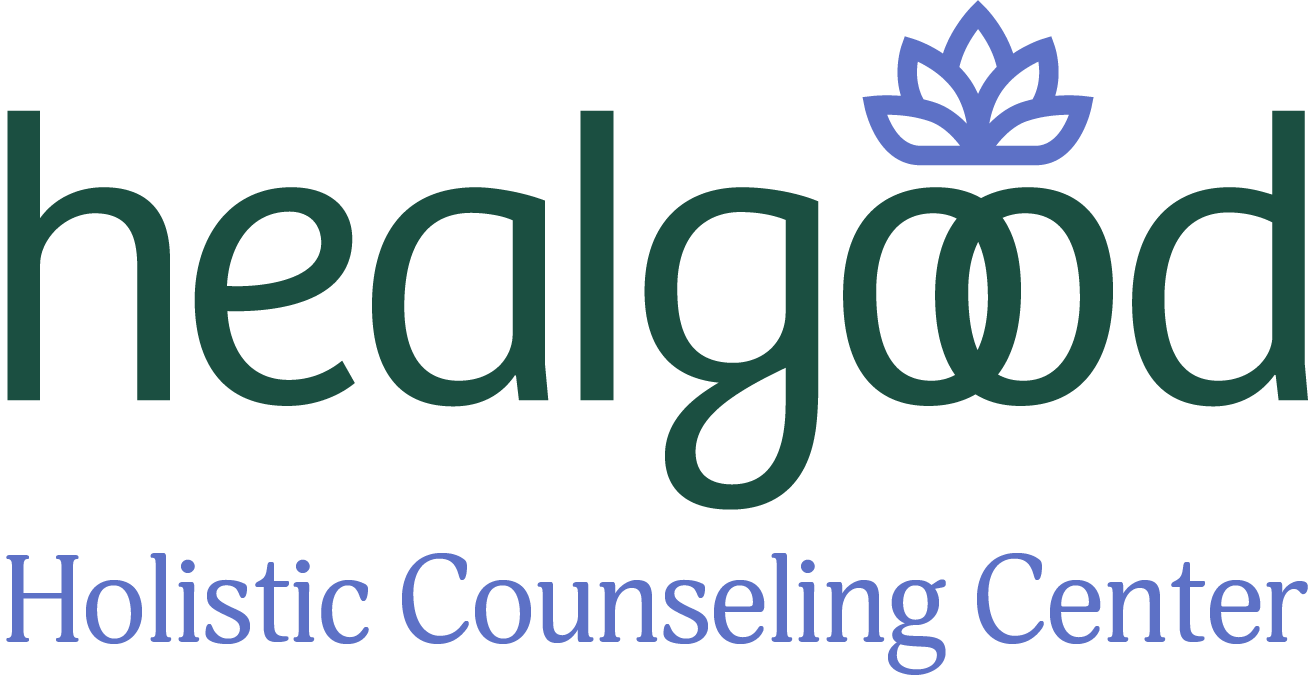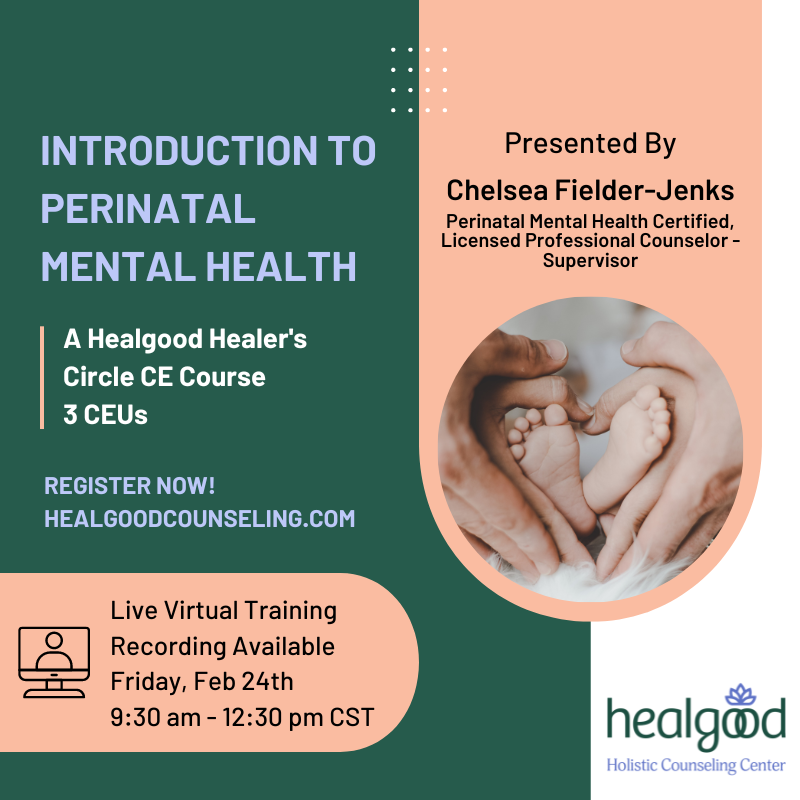Perinatal Mental Health Awareness
Perinatal mental health refers to the mental health of persons during pregnancy and the postpartum period (up to one year post childbirth). It is a critical issue that often goes undiscussed and untreated, but it is important to raise awareness about the prevalence and impact of perinatal mental health disorders.
Prevalence
Did you know? 1 in 7 Moms and 1 in 10 Dads suffer from postpartum depression
One of the reasons why perinatal mental health (PMH) awareness is important is that it PMH disorders are common. Studies have shown that up to 20% of women* experience some form of PMH disorder, such as depression or anxiety. This means that 1 in 5 women will struggle with their mental health during this time, which is a significant number.
Impact
Another reason why perinatal mental health awareness is important is that it can have a significant impact on both the parent and the child. When a parent is struggling with their mental health, it can not only affect their ability to care for themselves, but also to bond with their baby and to provide the necessary care and attention that the baby needs.
Furthermore, mothers* struggling with perinatal mental health disorders are at an increased risk of substance abuse and suicide. This highlights the importance of early identification and intervention for perinatal mental health disorders, as the consequences of untreated perinatal mental health disorders can be severe.
It is important to acknowledge that the impact of perinatal mental health disorders can also be felt by the birthing person’s partner and other family members, as they may struggle to support the birthing parent and the baby during this time. Fathers and partners can experience perinatal mental health disorders and require support as well.
Perinatal mental health disorders do not discriminate. They can affect any parent, regardless of their background or socio-economic status. This highlights the importance of providing support and resources to all parents, regardless of their circumstances.
Bringing Awareness to PMH concerns
Perinatal mental health awareness addresses the lack of education and resources available to parents during this time. Many parents are not aware of the signs and symptoms of perinatal mental health disorders, and they may not know where to turn for help. Additionally, many health care providers are not trained to identify and treat perinatal mental health disorders, which can further contribute to the problem.
To combat these issues, it is important to raise awareness about perinatal mental health disorders and to provide education and resources to parents and health care providers. This can include providing information on the signs and symptoms of perinatal mental health disorders, as well as information on where to turn for help. Additionally, it is important to provide training to health care providers on how to identify and treat perinatal mental health disorders.
It is also important to create a supportive environment for parents struggling with perinatal mental health disorders. This can include providing support groups, counseling services, and other resources that can help parents cope with the challenges they are facing. Additionally, it is important to break the stigma surrounding perinatal mental health disorders and to let parents know that they are not alone and that it is okay to ask for help.
PMH is common, it can have a significant impact on both the parent and the child, and many parents lack the education and resources they need to cope with perinatal mental health disorders. It is important to raise awareness about perinatal mental health disorders, provide education and resources to parents and health care providers, and create a supportive environment for women struggling with perinatal mental health disorders. By addressing perinatal mental health, we can work towards ensuring that all parents have the support they need to nurture themselves and their families.
- Chelsea Fielder-Jenks, LPC-S, CEDS-S, PMH-C
* Note: Pregnancy and parenting are not gender or sex exclusive. Throughout this training, you will see language that leaves room for many different birth experiences and outcomes. Importantly, the language used in the cited literature refers to the participant populations as identified by the researchers who conducted the studies. All people who identify with pregnancy and parenting can be affected by mental health conditions during the perinatal period regardless of gender, sex, or sexual orientation.
Resources
Postpartum Support International : https://www.postpartum.net/ | Resources for professionals and parents. Offers support groups.
Call the PSI HelpLine:
1-800-944-4773
#1 En Español or #2 English


